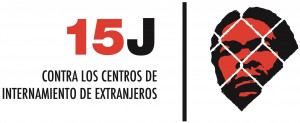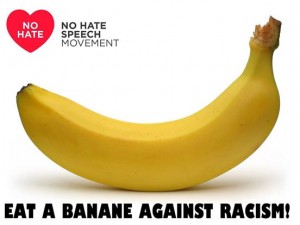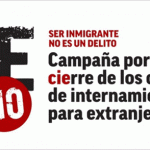Source: HOPE not hate. | Monday, 26 Mayo 2014
An analytical comment by Cas Mudde
It is clear: the far right “sweeps” Europe and causes an “earthquake” on the troubled continent. The media has spoken! Some even help us identify the “9 scariest far right parties now in the European Parliament.” Thanks Huffington Post UK! All newspapers focus on a select group of winners, mainly in the big countries (France and UK), which picked up large numbers of MEPs.
Let me summarize the far right results and their consequences in seven main points. I’ll start with the most ‘scary’ points, so as to not break too abruptly with the dominant media frame, and slowly work my way to a more balanced interpretation.
1. Far Right as Biggest Party in the Country
Depending on your definition, two or three far right parties became the biggest party in their country. The Danish People’s Party (DFP) and the French National Front (FN) gained 26.6 (+11.8) y 25.0 (+ 18.7) por ciento, respectivamente.
The United Kingdom Independence Party (UKIP), which I do not (yet?) consider a far right party, is predicted to have scored 27.5 (+11.4) percent of the vote. This is the first time that far right parties come first in nation-wide elections in the European Union (UE) – the Swiss People’s Party (SVP) had been doing it in Switzerland since 1999.
2. Neo-Nazi Parties Will Enter the European Parliament
While the neo-fascist Italian Social Movement (MSI) has been elected to the European Parliament until it transformed into the National Alliance (AN) in 1994, the fascism of that party was more nostalgic than political, and it was not anti-Semitic or racist.
This is different for Golden Dawn (XA) in Greece, which was able to win almost 10 percent of the votes and 3 seats, despite being investigated for political violence and having its leaders in jail.
The National Democratic Party of Germany (NPD), on the other hand, had a poor result (1 por ciento), but profited from the decision of the German Constitutional Court to abolish the three-percent electoral threshold, which gives the NPD one seat.
3. Far Right Parties Won… and Lost
Across the EU far right parties gained 15 seats, going from a total of 37 to 52 Members of European Parliament (MEPs). Given that the FN alone picked up 21 new MEPs, this already indicates important intra-European differences.
In fact, the far right won seats in as many countries as it lost: 6. It won seats in Austria (+2), Dinamarca (+2), France (+21), Alemania (+1), Grecia (+1), and Sweden (+2); it lost seats in Belgium (-1), Bulgaria (-2), Italia (-4), Rumania (-3), Slovakia (-1), and the UK (-2).
Admittedly, this changes to 9 y 5, respectivamente, if you apply a very broad definition of ‘far right’, which includes The Finns (PS), the Latvian National Alliance (NA), the Polish Congress of the New Right (KPN), and UKIP.
4. Far Right Parties Remain Irrelevant in the Majority of EU States
As the media is reducing the EU to France and the United Kingdom, sometimes throwing in Austria and Denmark for good measure, it is important to remember that there are 28 EU member states, and the far remained irrelevant in the majority of them.
The next European Parliament will have far right MEPs from ‘just’ 10 countries (14 in case of a broad definition). That is to say that almost two-thirds of the EU states have no far right representation in the next EP. This is actually higher than in 2009, as four countries lost far right representation and only one gained it.
5. The Far Right Is Mainly a West European Phenomenon!
Ever since the fall of the Berlin Wall, and the ‘return’ of the Central and Eastern European countries, formalized in their integration into the EU since 2004, the former communist part of Europe has been seen as la hotbed of the far right. While this was always at best a skewed view, it has become completely outdated in 2014.
Only one strong far right party remains in the East: the Movement for a Better Hungary (Jobbik), which got 14.7 percent of the votes and three MEPs, which was actually a loss of 0.1 percent compared to 2009 – and of 5.7 percent compared to last month’s national elections in Hungary!
Far right parties lost representation in Bulgaria, Rumania, and Slovakia – the only West European country to loose far right representation was the UK, where the BNP was replaced by a less extreme but much stronger UKIP!
6. The Far Right Did Not Do Well in the Hardest Hit Crisis Countries
As I have argued in more detail elsewhere, the thesis that economic crises lead to the rise of far right parties does not really hold up under scrutiny. This was confirmed in the 2014 Elecciones europeas, where only one of the ‘bailed out’ countries returned far right MEPs (Grecia).
In fact, the highest electoral results of far right parties were almost exclusively in countries that were, in EU-perspective, little to medium affected by the crisis: Austria, Dinamarca, France, Países Bajos, and Sweden. The only exception to this rule is Hungary, which has been hard hit by the crisis and had the fourth-highest score for a far right party.
7.More Far Right MEPs, But Continuing Fragmentation
Finally, although the far right has increased its representation in the European Parliament by 15 MEPs (or one-third), the much-discussed European Alliance for Freedom (EAF) of Marine Le Pen and Geert Wilders is far from certain.
As discussed before aquí, the EAF has the number of seats but not the number of parties (or strictly MEPs). So far only the FN, Austrian Freedom Party (FPÖ), Northern League (LN), Party for Freedom (PVV) and Flemish Interest (VB) have committed to the EAF, which brings the current total at 38 MEPs – 13 more than the required 25 – in five countries – two less than required. The Slovak National Party (SNS) was expected to join, but failed to regain its seat in the EP.
This means that the EAF has two options: convince at least two other parties or wait for the inevitable implosion of party factions and pick up individual MEPs from at least two different countries. The latter is most likely, and the UKIP faction is the most obvious recruiting ground, but will mean that the EAF will not become a political group for several months.
During that period, both current commitment (e.g. LN and PVV) and possible future commitments (e.g. DF, SD) could choose money over loyalty and join another group (notably Europe for Freedom and Democracy, EFD).
Original link: http://www.hopenothate.org.uk/news/world/article/1948/the-far-right-and-the-2014-european-elections-in-7-points

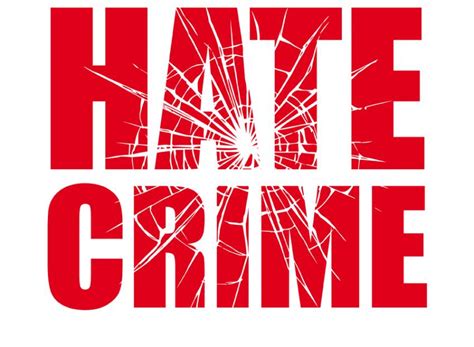


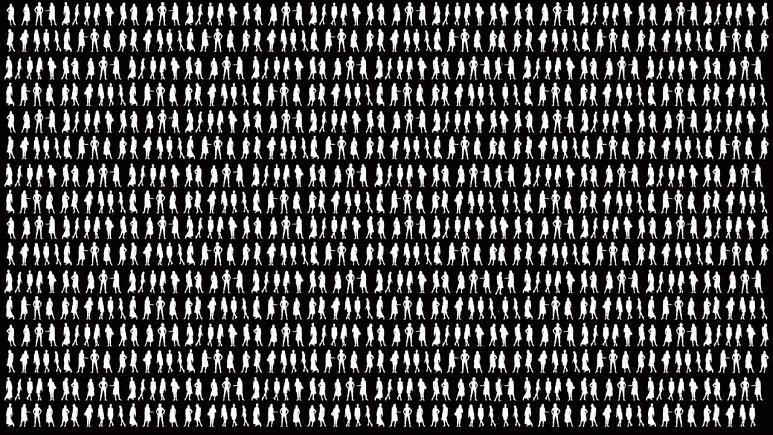
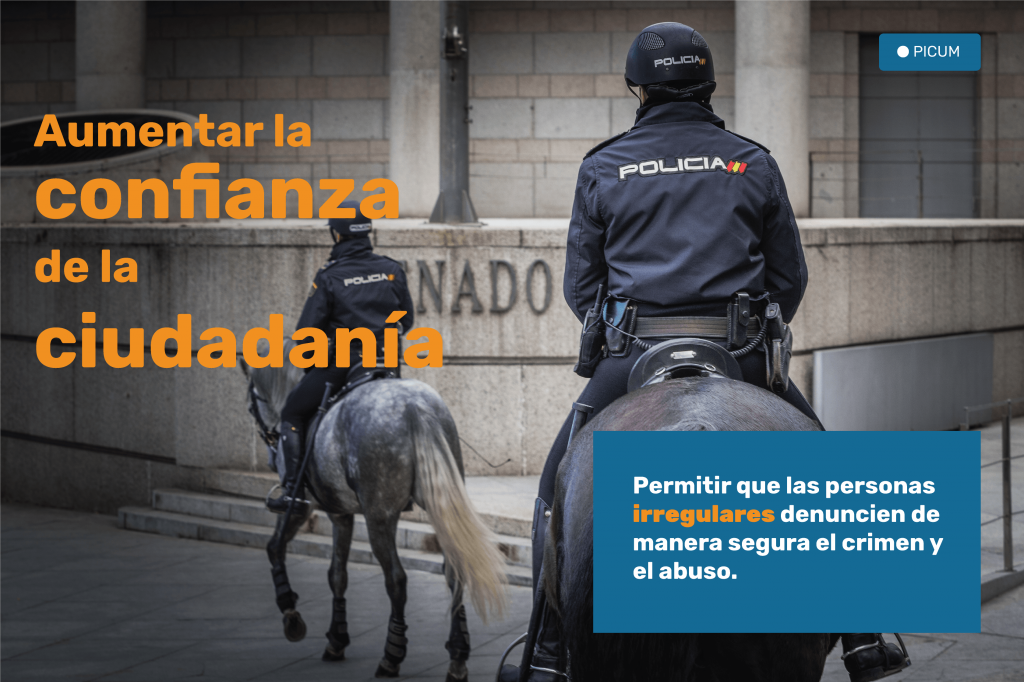
 septiembre 1st, 2014
septiembre 1st, 2014 



